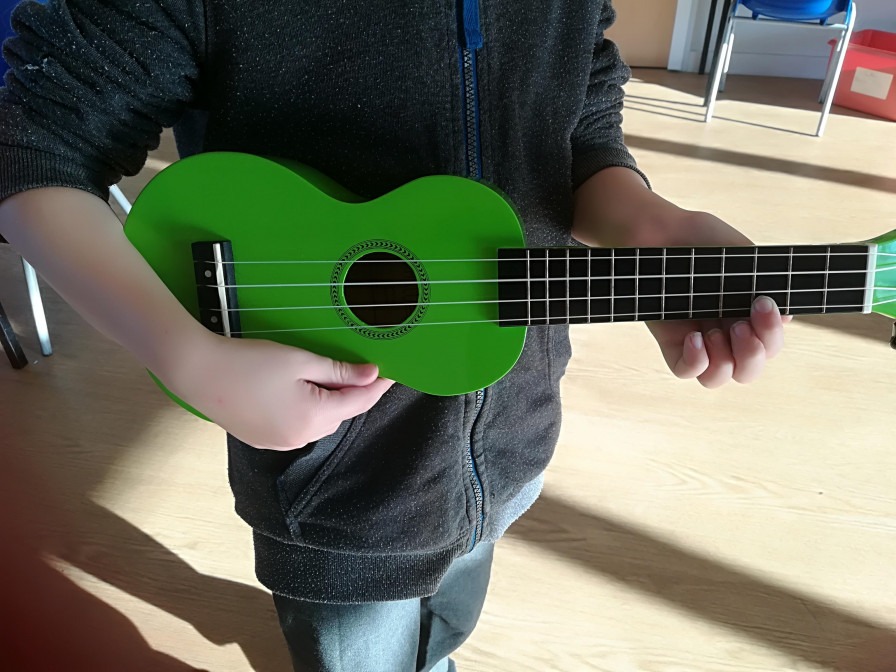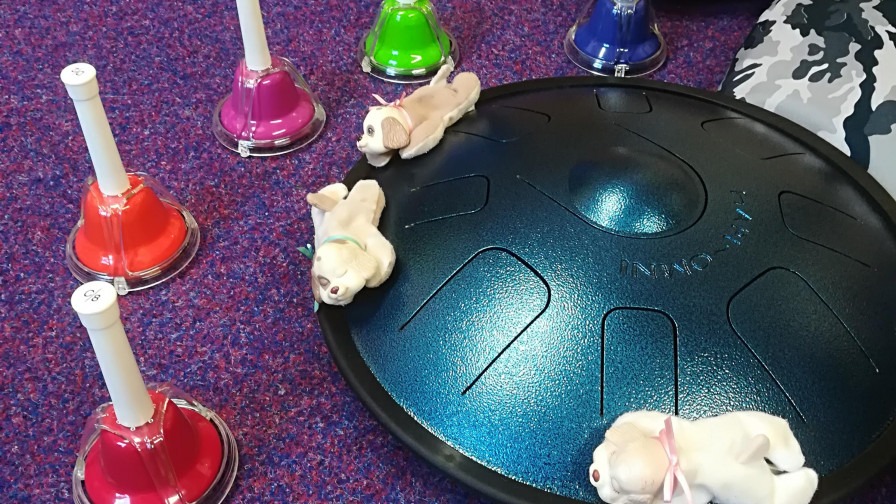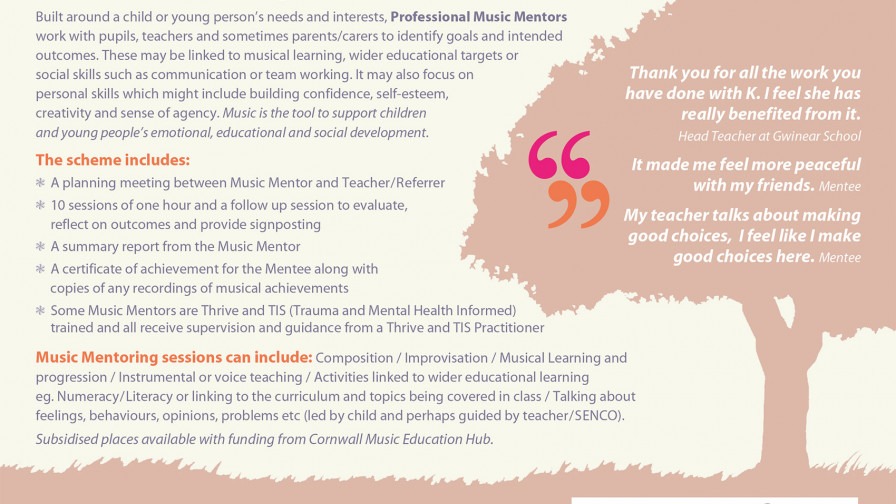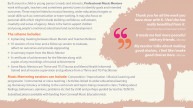Embedding Music Mentoring into Schools

Cymaz Music has been developing a Music Mentoring model since 2011, with support from Cornwall Music Education Hub. Music Mentoring is a one to one scheme which supports children and young people with personal, social and educational goals through music and creativity. The scheme is subsidised by Cornwall Music Education Hub and the Virtual School for Children in Care. Last year, we were delighted to receive funding from Youth Music to test a model of embedding a Music Mentor for a day a week in a Primary School setting. This was unlike our regular programme, which would typically see a Music Mentor working with a maximum of two or maybe three children in a school. We wanted to see if there would be more significant impact by a Mentor being in the school for a day a week for a whole academic year. This would hopefully mean that the Music Mentor would become known and recognised as part of the team and they would continue to be available to children, even after their mentoring sessions have ceased. Youth Music funded the delivery of this in three Primary Schools across Cornwall, of varying size and with a range of challenges.
Music Mentoring is a one to one scheme between a Professional Music Mentor and a child/young person. It is a co-production model which uses music to support children and young people’s emotional, educational and social development.
It is a time limited intervention that is centred around the child and young person’s needs and interests. Music Mentors work with pupil, teachers, TAs, SENDCOs and sometimes parents/carers to identify goals and intended outcomes. These may be linked to musical learning, wider educational targets or social skills such as communication or team working. It may also focus on personal skills which might include building confidence, self-esteem, creativity and sense of agency. Each term, the Music Mentors work with 5 new children every week for 10 sessions.
A typical Music Mentoring session might include the following;
- Musical Learning
- Improvisation
- Composition & songwriting
- Creative and exploratory therapeutic play
- Role Play
- Talking
- Listening
- Musical activities to promote academic learning
The Music Mentors involved in this project are Trauma and Mental Health Informed (TIS) Practitioners, having undertaken a Diploma with Tauma Informed Schools UK (funded by HeadStart Kernow). This means that the Music Mentoring is underpinned by the neuroscientific models used in TIS (more detail on this coming in another blog). It is the careful and skillful balance of using music as an experiential and regulating activity and also as a means to support children with being able to reflect on their behaviours and their life events.
We are nearing the end of the second term of the project and wanted to reflect on the impacts of having a Music Mentor in the school for a whole day every week across the school year. This is drawn from Music Mentor relfections, School staff, children and our External Evaluator, who has carried out visits with the schools.
1. Visibility - Music Mentors feel much more visible and included in the school culture - they are often asked to provide written reports for meetings with Parents/Carers or for other professionals.
2. Inductions and preparation - The embedded approach meant that there was more consideration given to inductions and preparation for the project. Both Music Mentors spent a day getting to know the school, its policies and detailed planning took place. One Mentor was asked to complete PREVENT training, which means that he would be eligible to work in any school in the same MAT (Multi Acadmey Trust).
3. Music Mentors have experienced unexpected outcomes from being more involved in the school environment and culture - One of our Mentors has been offered another part time (non-music) role in the school as a Behaviour Support Officer. This was as a direct result of witnessing his impact via the Music Mentoring. The other Music Mentor has been able to offer additional Music Mentoring to other students, once the school saw the benefits, and has also brought other music projects into the school (First Access). This Music Mentor was also approached specifically for her skills to work for a day in another school (subsidised by the Hub).
4. Children are benefitting from the Music Mentor remaining in the school, often seeking them out to say hello, after their sessions have been completed. There is a familiarity and a sense of being another emotionally available adult in the school.
5. School Staff are recognising and understanding the work more. This leads to improved communication and sharing of information, including topics being covered in the classroom which can be integrated into the Music Mentoring sessions. There is more appreciation and a sense of 'working together' to support children most effectively. Often a child will behave very different in a one to one Music Mentoring session than in the classroom, so it's about working more holistically as a team to enhance experiences for children across the school day by understanding their needs better. "IR just doesn't focus or manage very well in the classroom, but with you he is able to focus much better. Your report is great and it was really helpful for the meeting with his parents, who are very appreciative of all the support he is having." (SENCO)
6. Time for creativity - This is often lost or not capitalised in the classroom due to the pressures on staff and the need to focus on academic targets. Music Mentors are demonstrating the impact of using music and creativity and have the benefit of working one to one in this way, which schools just don't have the resources for. "It's so brilliant to have you here to be able to offer this creative time for the children. We just can't do it, as much as we'd love to be able to!" (TA)
The general consensus is that this is a preferred way of working, enabling a more embedded and settled approach. Often Music Mentors are flying from school to school and have little opportunity to deepen the relationship with staff and children in the schools. As we near our final term of this project, we will be seeking ways to continue although we know that resources in schools are so stretched. Indications from the schools involved are that they would be keen to explore ways to continue the programme.
If you would like more information about our Music Mentoring scheme, please email emily@cymazmusic.org.uk and keep an eye out for more blogs. We will be sharing more about the Trauma and Mental Health Informed Approach and about our outcome measures.





